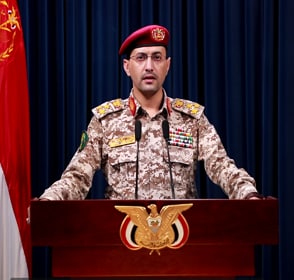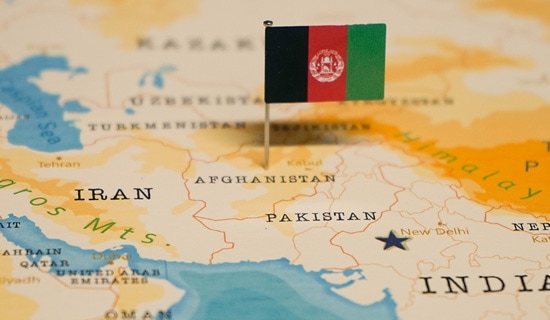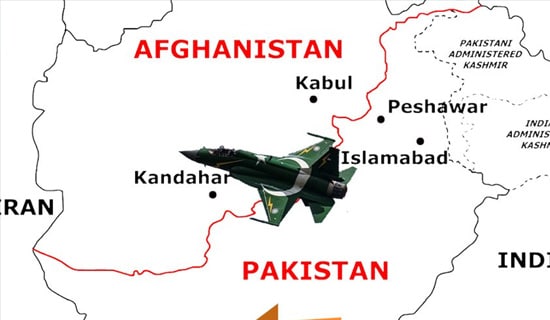The following report is now a complimentary offering from MEMRI's Jihad and Terrorism Threat Monitor (JTTM). For JTTM subscription information, click here.
Yemen's Ansar Allah Movement – the Houthis – continue to refute reports about the group's intent to target undersea data cables in the Red Sea as part of the group's military campaign aimed at supporting Palestinian groups in the war with Israel. The group-controlled ministry of telecommunication issued another press release denying the veracity of reports, calling them allegations promoted by Israeli media.
Submarine Cables Offshore Bab Al-Mandab "Damaged"
Months after threats to the submarine cables were made, the Houthi-controlled Yemeni Ministry of Telecommunications and Information Technology responded. The ministry issued "a statement of clarification," denying the veracity of the claim that cables had been damaged.[1] However, international media reports emerged on February 24, 2024, saying several submarine cables passing through the Bab al-Mandab Strait at the southern tip of the Red Sea were reportedly damaged.[2]
On February 25, Internet systems expert and founder of the "Open Cables" initiative, Sunil Tagare, posted a series of tweets on his X (formerly Twitter) account, claiming three submarine cables in the Red Sea between Jeddah and Djibouti were cut, and as a result "the AAE-1, EIG and SEACOM/TGN-Eurasia are down."[3]

Additionally, Subsea cable operator Seacom encountered a service-affecting outage on its cable system on February 24. In a statement, the company says the disruption is only on the segment of the cable that runs from Mombasa, Kenya, to Zafarana in Egypt.[4]
Video Production Denies Intent To Damage Submarine Cables: "Our Direction Is Clear"
The Houthis have exerted a significant media effort in an attempt to deny links to any prior or future threat or damage to the submarine cables. On February 18, the Creative Production Unit Telegram channel of the Yemen Military Media shared a short videoclip it titled, "Our Direction Is Clear," showing photographs and maps of the placement of undersea communications cables near Yemen. Footage also depicts Houthi military operations, and an excerpt from a February 13, 2024, televised address by Houthi leader Abd Al-Malik Al-Houthi in which he declares: "We do not intend to target the undersea cables stretching to the countries in the region." Al-Houthi's remarks appear onscreen in English subtitles.[5]
Houthi-controlled Telecommunications Ministry Would "Facilitate" Maintenance Work If "Necessary Permits" Are Requested
On February 27, the Houthi-controlled Yemeni Ministry of Telecommunications and Information Technology published a press release denying a connection to the reported damage to submarine cables, claiming that such reports are propagated by "media outlets linked to the Zionist enemy."
The ministry asserted its commitment to the general position of Yemen regarding submarine cables, reiterating its keenness to spare all communications cables and their services from any risks, and to provide the necessary facilities for their repair and maintenance.
The ministry, however, set a condition: that the parties willing to work on maintenance activity request the "necessary permits" from the Maritime Affairs Authority in Sanaa.
"Yemen's decision to prevent the passage of Israeli ships does not concern ships belonging to international companies licensed to carry out marine cable work in Yemeni waters," it clarified.
[1] See MEMRI JTTM Report: Houthi Ansar Allah Movement Claims Attack On British Ship In Gulf Of Aden, Interception Of American Drone; Houthi Defense Ministry: 31 'Maritime Operations' Carried Out To Date; We Won't Damage Undersea Communications Cables, February 19, 2024.
[2] February 26, 2024.
[3] Twitter, February 26, 2024.
[4] February 26, 2024.
[5] Telegram, February 18, 2024.
The full text of this post is available to subscribers.
Please login or register to request subscription information from MEMRI





